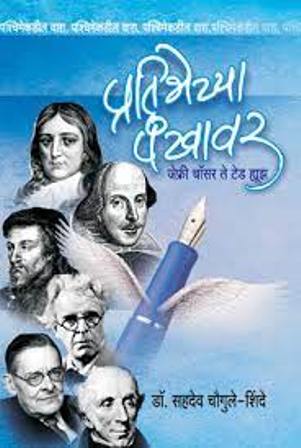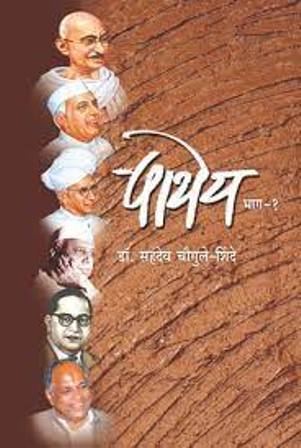.jpg)
Strangers across the Border: Indian Encounters in Boomtown China
By: Reshma Patil
'Is India a friend, rival or enemy?' This was the question journalist Reshma Patil asked the people she met on her journeys through China where she set up the first China bureau of the Hindustan Times. As she travelled from government-run think-tanks to universities where the country's future policymakers are being groomed, or to state-run newsrooms and economic zones attracting their first-ever Indian investors, the responses that she received ranged from uncomfortable silence to blank stares a...nd frowns. The rarest response was friend, equally so was enemy. More than five decades since the month-long border war in 1962, mutual ignorance and prejudice define the relations between India and China. The two countries have differences over strategic issues beyond the border and Pakistan, including the Indian Ocean and South China Sea. The coming decade, with new governments in China in 2013 and in India in 2014, will be a crucial indicator of whether these neighbours move further apart or better manage their differences. Strangers across the Border: Indian Encounters in Boomtown China captures with a reporter's acuity the twin strategies of cooperation and competition that shape Beijing's India policy and Chinese ideas of India. From software parks where techies lesser skilled than their Indian counterparts in Bengaluru demand higher salaries, to factories where Hindu idols are churned out in the thousands for sale in India, Reshma Patil traces the many spaces where India and China struggle to converge or threaten to collide. The state-run newspaper Global Times tries to mobilize public sentiment against India with its provocative articles; the Chinese police call unannounced at her apartment to check her visa papers. But the simple acts of everyday life that she encounters - like being saved from being questioned by the border police by a woman taxi driver, or the young beauty queen who lives on the Gandhian principle of ahimsa, a spiritual need in an atheist regime, or the wise professor who encourages his students to rethink the repressive one-child policy - make her journey much more than a simple journalistic enquiry. Finely balanced between the political and the personal, this is a nuanced account of a relationship that continues to be an enigma which, if unravelled, could change the future of 2.5 billion people.
Book Details
- Author: Reshma Patil
- Language: English
- Published on: 2014
- Publisher: Harper Collins
- ISBN13: 9789351361701


.jpg)
.jpg)
.jpg)
.jpg)

.jpg)
.jpg)
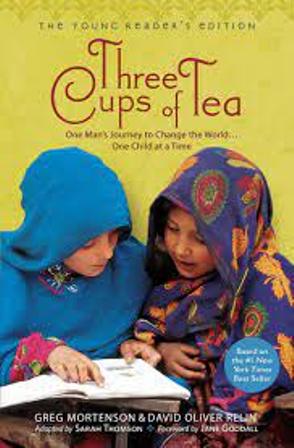

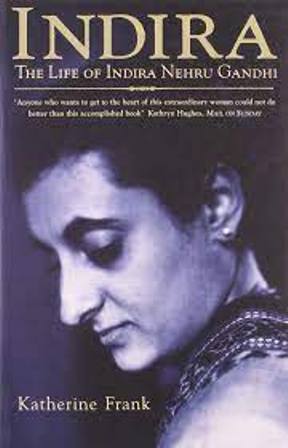

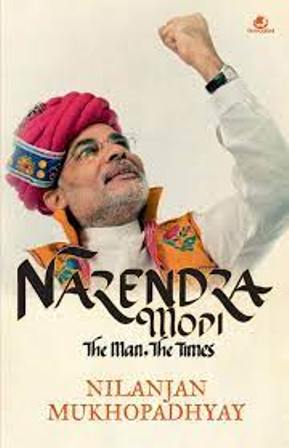
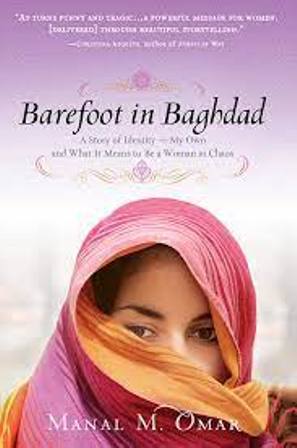
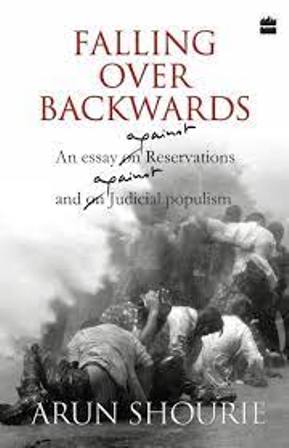

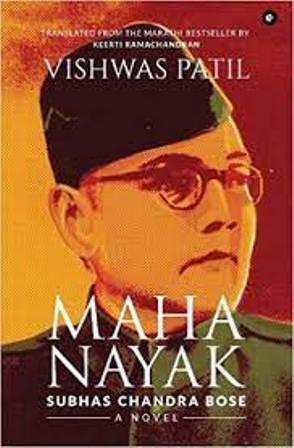
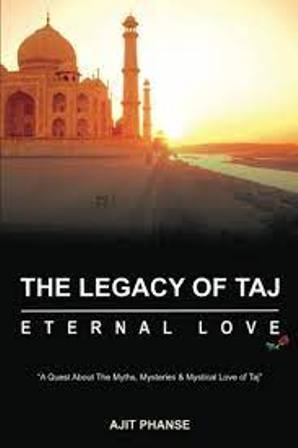
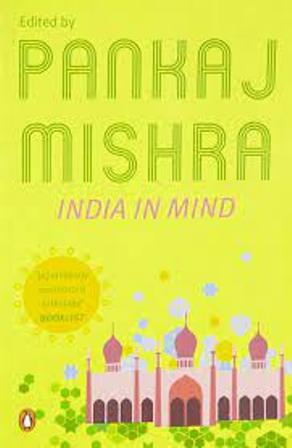

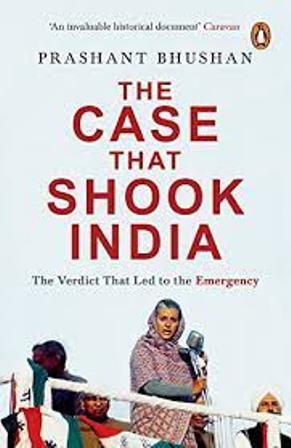
.jpg)
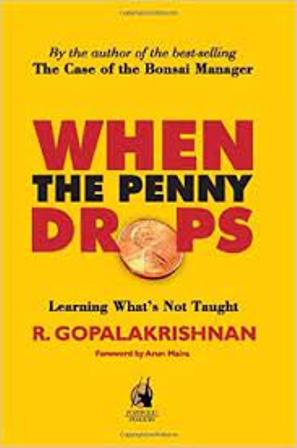

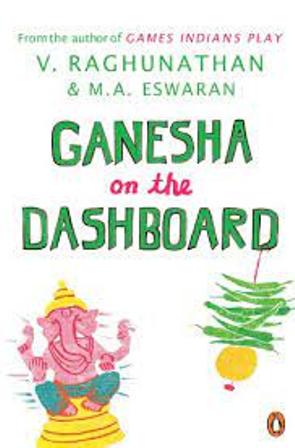
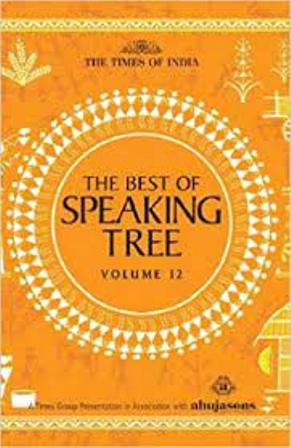
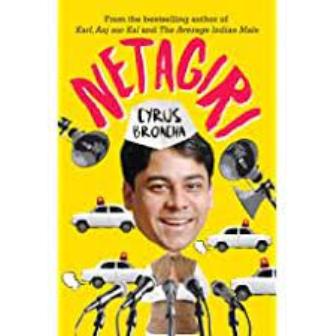
.jpg)
.jpg)
.jpg)
.jpg)
.jpg)
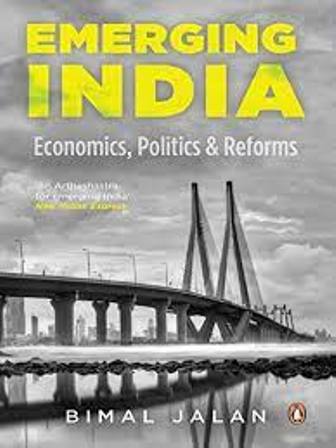
.jpg)
.jpg)
.jpg)
.jpg)
.jpg)
.jpg)
.jpg)
.jpg)
.jpg)
.jpg)
.jpg)

.jpg)
